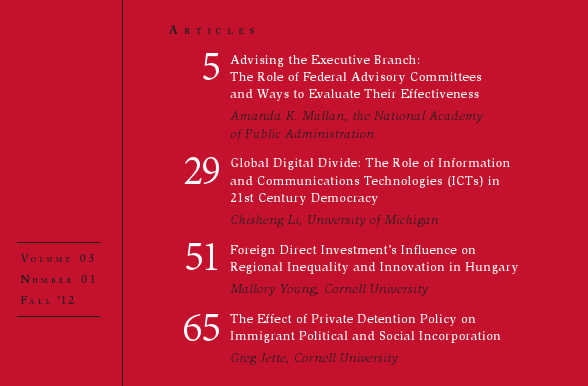(AP Photo/Charles Dharapak)
“Let’s declare this a year of action.” From income inequality, to early education, on down to a new era of military restraint, President Barack Obama laid out a comprehensive agenda for 2014 during Tuesday night’s State of the Union address. It is a well-rounded policy blueprint that seeks to address a wide range of issues. Obama’s call to action on these issues would be considered both admirable and bold in any other calendar year. But in 2014, those words are nothing more than a hollow utterance; ones that can be tarred and feathered by people from the left, center and right.
His vision, if implemented, could be transformational for the entire country. However, I am skeptical, perhaps even cynical, about the chances of President Obama’s 2014 agenda being implemented. My skepticism this year is heightened by a single overarching fact: 2014 is an election year.
This is an election year; one that is promising to be one of the most partisan and contentious elections in recent memory. With Democrats only 18 seats from reclaiming control of the House of Representatives, and Republicans only four seats from reclaiming control of the Senate, both parties will be locked in a political chess game this year. Although there was a glimmer of legislative hope recently in Washington, the fact is that governing will take a backseat (again) to the political rancor that has consumed Washington in recent time. That will leave President Obama’s agenda sitting next to Speaker Boehner’s gavel and on top of Mr. Reid’s lectern, with no movement on its implementation.
President Obama believes that this can be “a year of action”, even without the help of Congress. Obama can assert his authority over Congress by signing executive orders to implement parts of his agenda. President Obama made clear that “I can take steps without legislation to expand opportunity for more American families.” Unfortunately, Obama’s use of the pen to implement his agenda could only come as partial solutions. For example, Obama stated that he would use his executive authority to raise the minimum wage to $10.10 for employees on new federal contracts. This is a good start, but that is the problem: It is just a start. What about the rest of the country? What about the fast-food workers who have been protesting for months for higher wages? The President’s order falls short of the $15 an hour these fast-food workers and others have fought for recently. As it is, state governments have stopped waiting for the paralysis in Congress to cease, and even for Obama to act unilaterally, by passing minimum wage increases of their own.
With Obama’s executive actions, the likelihood of them remaining in effect in perpetuity are next to none. In the first 100 days of his presidency in 2009, Obama and his advisors reversed several of former President George W. Bush’s executive orders. The bottom line is this: if Obama wants to implement his agenda completely, he will need to work with Congress.
But, this all leads to my original point: with members of Congress ready to defend their hold on their elected offices, combined with the limited impact of Obama’s executive authority, 2014 will hardly be “a year of action.” And if the lack of legislative action in 2013 was any indicator, this year promises to be just as, or even less, productive.

To me, that is very disappointing. In the midst of political obstructionism, this country continues to ascend slowly from the aftermath of the Great Recession, and our elected leaders could stand to do more to improve the lives of all Americans faster. All it takes is a little action.
Say what you will about the air of loftiness of these addresses, but Obama recognized that there are several issues we need to face right now: income inequality and fair wages between genders, the economy, our education system, the environment, restoring diplomacy over militarism, the end of the Afghanistan War, the Middle East and domestic surveillance. We have a lot of work to do for this country, particularly in raising people out of poverty and reducing the effects of climate change. But, even without the midterm election in mind, implementing this kind of agenda will be hard. But it is even harder for two-term presidents to push their State of the Union agenda forward. For instance, President Bush urged in his 2005 address to reform Social Security through privatization. To date, that has not happened.
This platform of action that Obama outlined for America in 2014 requires action from everyone – the White House, Congress and citizens. But if any one of those actors are missing in this equation, then 2014 will be just “a year of action” without action.

